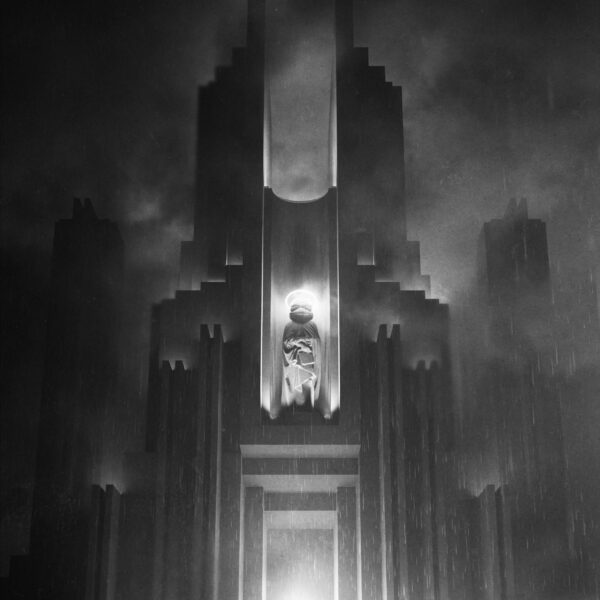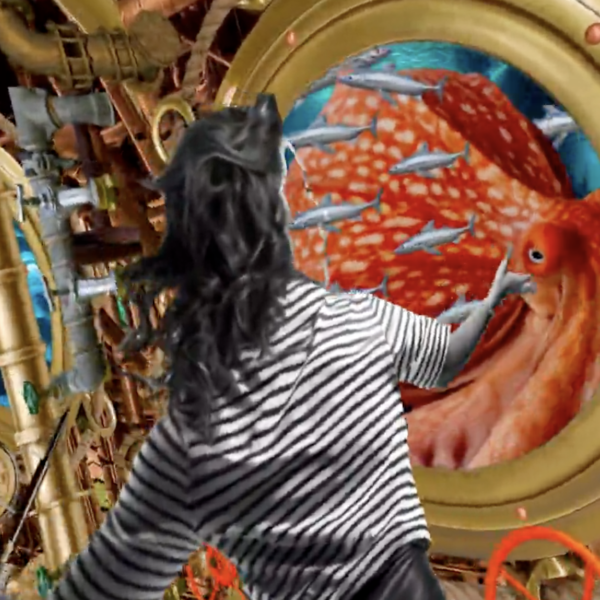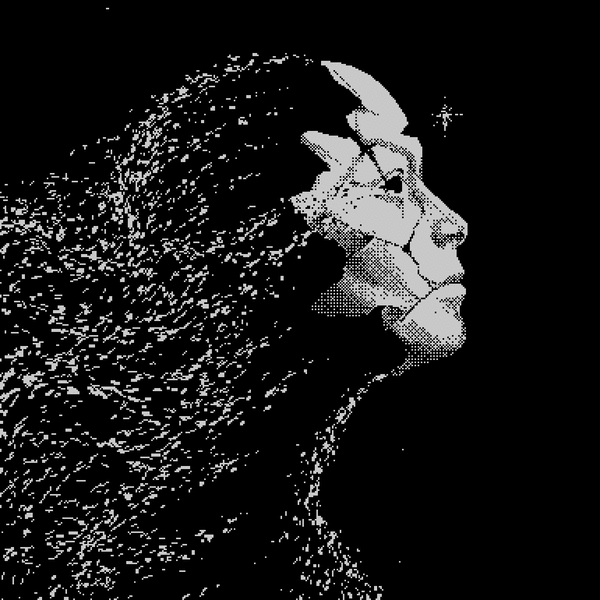Purpose, Prosecution, and Photography with Isaac Wright
Isaac Wright, a special operations veteran, began experimenting with photography as a means to cope with depression and PTSD after honorably retiring. Also known as Drift, he is now a world renowned photographer, known for capturing the world from breathtaking and seemingly impossible perspectives. In this interview, we dive into Drift’s harrowing journey through the U.S. legal system, his incredible photography, and his infectious spirit. Please note, this conversation has been edited for brevity and clarity.

Q: How did you find yourself in the military?
DRIFT: I joined the army at 18. I honestly thought that I would be a careerist in the army. The biggest thing for me was, coming from a low-income household, I just wanted a job where I could have autonomy and my own freedom while also being able to travel. At that point, I didn’t know whether I wanted to do college or not. I was looking at non-traditional routes. That was in 2014. Come 2018, I had a really, really good career going in the army, I had been promoted really fast. I’d gone on one deployment and was in special operations, but I wanted to go forward and join special forces.
Q: What was the route you took from the military to photography?
DRIFT: I ended up having a lot of life changes in 2017 and 2018, and started feeling very insecure and confused about my place in the military. I was changing socially, consciously, and learning for myself, which is something that the military has not always promoted. You’re kind of told what to do and what to think sometimes. I was breaking out of that mold, and learning from myself who I wanted to be and what I believed. As I grew into that, I became very uncomfortable with my stance of being in the military. I started to feel very alienated being a conscious Black man serving a country that I felt like wasn’t serving me– or feeling like when I stepped out of the uniform, I would not be safe or protected in America. I began to have a lot of internal conflict about that. I was moved duty stations to Fort Polk, Louisiana, which was in the middle of nowhere, and started going through some very heavy depression. I did not feel like the military was my place anymore, despite having a growing and flourishing career. So I just picked up a camera and began shooting in 2018. I got into it because I didn’t feel like I had a home anywhere. So anywhere I was searching with my camera kind of began with my search for a home as a person.
Q: 2017 was around the first big public wave of Black Lives Matter. Was that kind of the spark?
DRIFT: Yes, it definitely was. There were multiple shootings and killings by police of unarmed Black people throughout the 2010s, of course. But that was, I would say, a very big time for it. Colin Kaepernick was being very vocal at that time, and seeing the pushback that he got during that time definitely pushed me to think about my stance on it. Then, in 2020 with George Floyd and the emergence of cell phone technology, open accountability appeared because things are now being recorded. It has brought something that’s been going on for decades, for centuries to light. Now everybody can see it, so everyone can have an opinion on it. It’s created an opening and collective consciousness, I feel like.
The experience with being not only Black, but Black and successful in crypto has been largely isolating. People think that success negates that feeling, but it doesn't–I feel like it only adds to it.
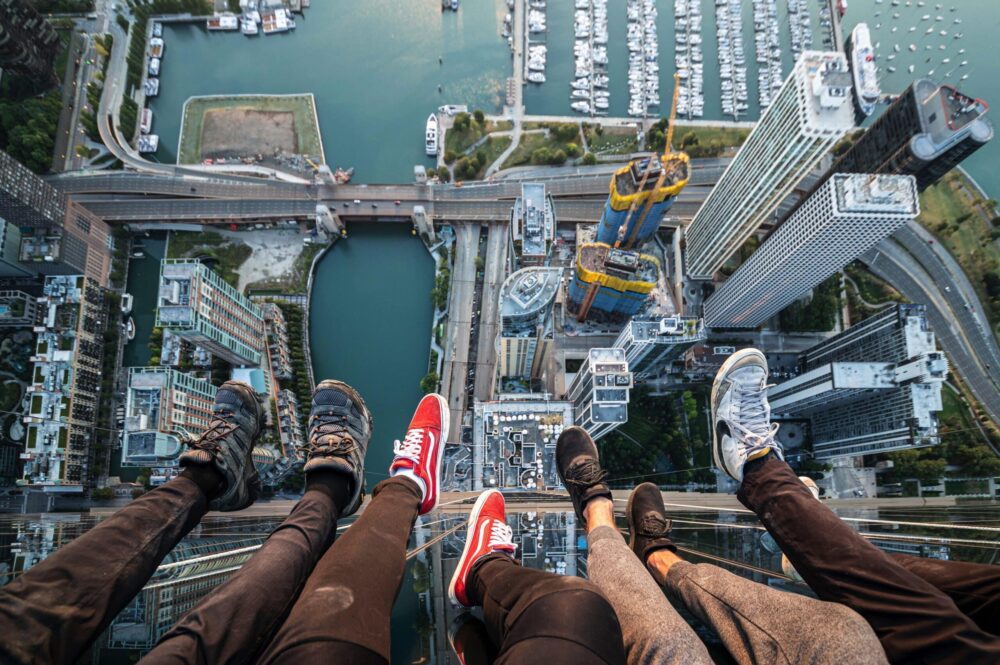
Q: Historically, crypto in particular has not been a very minority friendly environment– regardless of what minority you are. From a diversity perspective, NFTs have been different. Would you agree with that?
DRIFT: You have to look at how I came into the game. I was literally coming fresh out of being incarcerated. I entered crypto not from a place of, “This is an additional interest I have,” but this was like, “I quite literally need this to survive right now.” That’s why I got into NFTs. I didn’t get into it because it was a trendy thing to do. When I went into getting locked up, I had never heard the word. When I got out of being locked up, my whole Twitter feed had changed. The creators were talking about NFTs.
Q: What has been your experience as a Black man, and as a creative within crypto?
DRIFT: The experience with being not only Black, but Black and successful in crypto has been largely isolating. People think that success negates that feeling, but it doesn’t– I feel like it only adds to it. If you look at crypto as a white male dominated space and you’re telling a very Black story, which is my life, there is a human connection that people feel to my story. I work with the principles of “don’t quit” and “don’t give up on your dreams” and “be patient and keep fighting.” But the aspect of, “Hey, if you were to take any other white man and put him in my position, they wouldn’t have had to go through what I went through.”
Q: How do you feel the success of your work has affected your life and your connection to those around you?
DRIFT: I’d be lying if I said it wasn’t a very isolating experience, because while America thrives and loves trauma porn and a good story, people have to remember the details behind that story. A lot of people in this space love my work, but they love the story that goes behind it equally. When you look at the story, you have to understand that this is a product of America failing as a country– to be able to not only have your skin color, but your military service weaponized against you. You have to know that 99% of the space is not going to understand your experience, which is okay, that’s part of life. But also it’s a very isolating experience because ,when I want to go to people for just human-to-human talk like, “Hey, this is how I’m learning to navigate success as a Black man,” or, “This is how I’m learning to navigate finances and going from having no money and being poor to having more money than I ever thought I’d see in my life” — there’s no place to have the very human conversations.
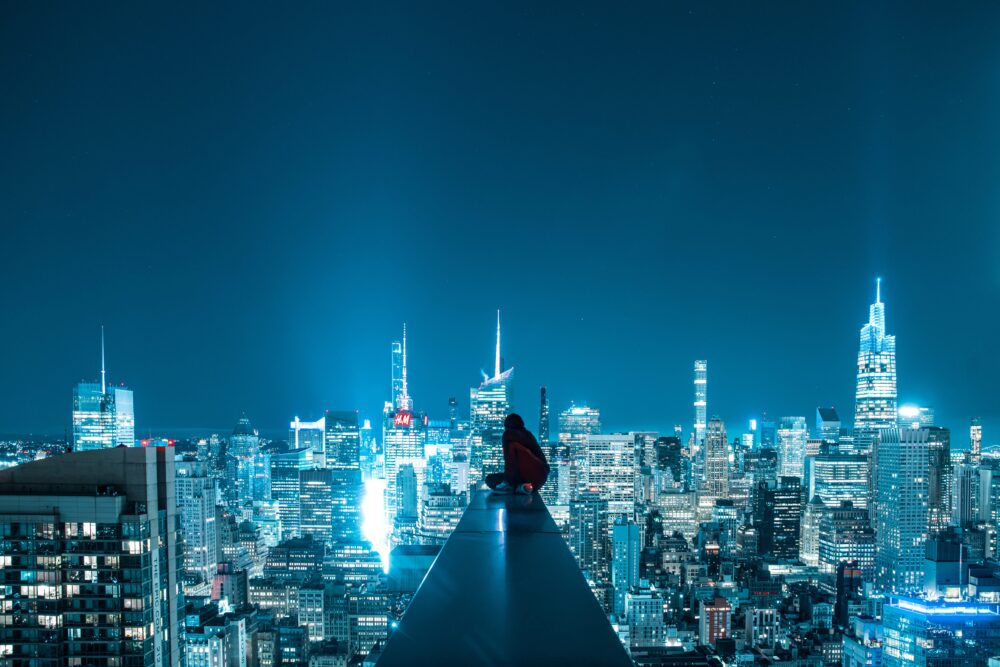
Q: What do you hope that people take away from your work and your story?
DRIFT: I’m thankful people listen to my story. I’m thankful that they have invested into me and my work and that they believe in it like that. But also, if you look at my work and you look at what I went through, I went through it to not only survive and make it through, but to make change for other people that are in similar positions. If I could get other Black men and women, other minorities, or anybody in general, to think that way, it is that mindset that allowed me to survive what I survived while also becoming successful in the process.
Q: You mentioned your previous incarceration. What did that change in terms of your entry into the crypto community?
DRIFT: When that happened, everything that I had feared had become a reality, and I had to live through it. I guess with that extreme life experience, it’s hard for many people to relate. Crypto is a niche community as it is, and it’s typically white male dominated. When you get into the upper echelons of actually successful artists or founders in this space, there’s even less of us. It’s like, 0.1% of 0.1%. It has been a very isolating experience at times because my experience with incarceration gets condensed down to a story, when it’s something ongoing that I’m still dealing with, the trauma of the healing from it. Getting success does not negate that. It doesn’t even make it easier. I would say that it actually amplifies the grief that comes with it, because now you have expectations placed on you. Now you are perceived as something more than a human, at times when you’re just a human being. As amazing as the experience has been, and as amazing as it’s been to watch my artwork explode into the world, it has been difficult at times. It has been hard, making sure that the messaging and the understanding of where my art artwork is born from, and that I am still someone who is tackling these ongoing problems. That is the hard part.
Q: If someone just saw the photos you take, they would probably know the headline elevator pitch of your artistic style, but they wouldn’t understand the humanity behind it all. Is that something you have to constantly battle?
DRIFT: Definitely. Especially when you see my work, it is automatically attributed to ‘adrenaline junkie.’ People focus on the shock factor of it, and the humanity behind it is oftentimes lost. That is a struggle that I suppose I’ll be dealing with for the rest of my life. But with upcoming projects, I get to tackle it more. I’ve told myself a million times that, as an artist, there’s this constant revolving circle of “I don’t feel like the world’s listening, so I have to make them listen.” I don’t feel like the world is listening. I didn’t feel like the world was listening when I was incarcerated. I was on the phone spending my own money until I made the world listen. Now I’ve gotten to this point where I’m successful. I’ve been able to fight through and save my life, but I don’t feel like the world is seeing me.
Especially when you see my work, it is automatically attributed to ‘adrenaline junkie.’ People focus on the shock factor of it, and the humanity behind it is oftentimes lost.

So I didn't look at it like, "Oh, I'm being dealt a bad hand by life," even though I knew that I was. I looked at it like, "All right, I get a chance. I get a chance to overcome all this and create something so fucking beautiful out of it. And I get the chance to inspire hundreds and thousands and what will be millions of people."
Q: How does the world around you inspire your art? How does it change and affect your work?
DRIFT: As an artist, you’re going to be constantly trying to wipe the mirror. There is this frustration of, “I don’t feel seen, I don’t feel heard,” you’re in a lot of pain. You’re in a lot of agony, and you have to birth something from that place. I am in this place now, where I have everything that is supposed to be seen as success and freedom in this world. I got it in a short span after going through the exact opposite. Now I can see it clearly, taking a step back, it’s not all that it’s cracked up to be– because it’s never what I wanted in the first place. I make my art for freedom, freedom of existence, freedom of speech, the freedom to speak on things that I want to speak on, and the freedom to live out my truth and build a home for myself in a place that does not feel like home for me and millions of other people that look like me and share my life experience. That’s what my work’s always about. Things get difficult when you attribute monetary value to largely painful things. People oftentimes will try to package them up into something that makes money and can be commercialized. It’s far deeper than that. I feel like I’m always fighting back against people trying to do that with my work as an artist. Now, in the fine arts world, this physical role feels like the same thing. It’s difficult. It’s a constant struggle.
Q: Your positive outlook is truly inspiring. What helped you make it through your horrific battle with the U.S. legal system mentally and emotionally?
DRIFT: I knew what my purpose was. I knew it was my life’s purpose to pursue this work. I knew that, I believed that. I had figured that out in the military, and when I got out I pursued it wholeheartedly. Whenever I had a hard time, I used to think, “Isaac, you asked for this. You don’t get to choose how it comes. You only get to choose how you react to it.” So every single day, I didn’t sit and feel like, “God, why the fuck is this happening to me?” because there were also Black men in my situation that are dead, that didn’t survive three armed encounters with the police, let alone one, right? So I didn’t look at it like, “Oh, I’m being dealt a bad hand by life,” even though I knew that I was. I looked at it like, “All right, I get a chance. I get a chance to overcome all this and create something so fucking beautiful out of it. And I get the chance to inspire hundreds and thousands and what will be millions of people.” I’m a testament to what life is about, taking everything we go through and making something from it.
